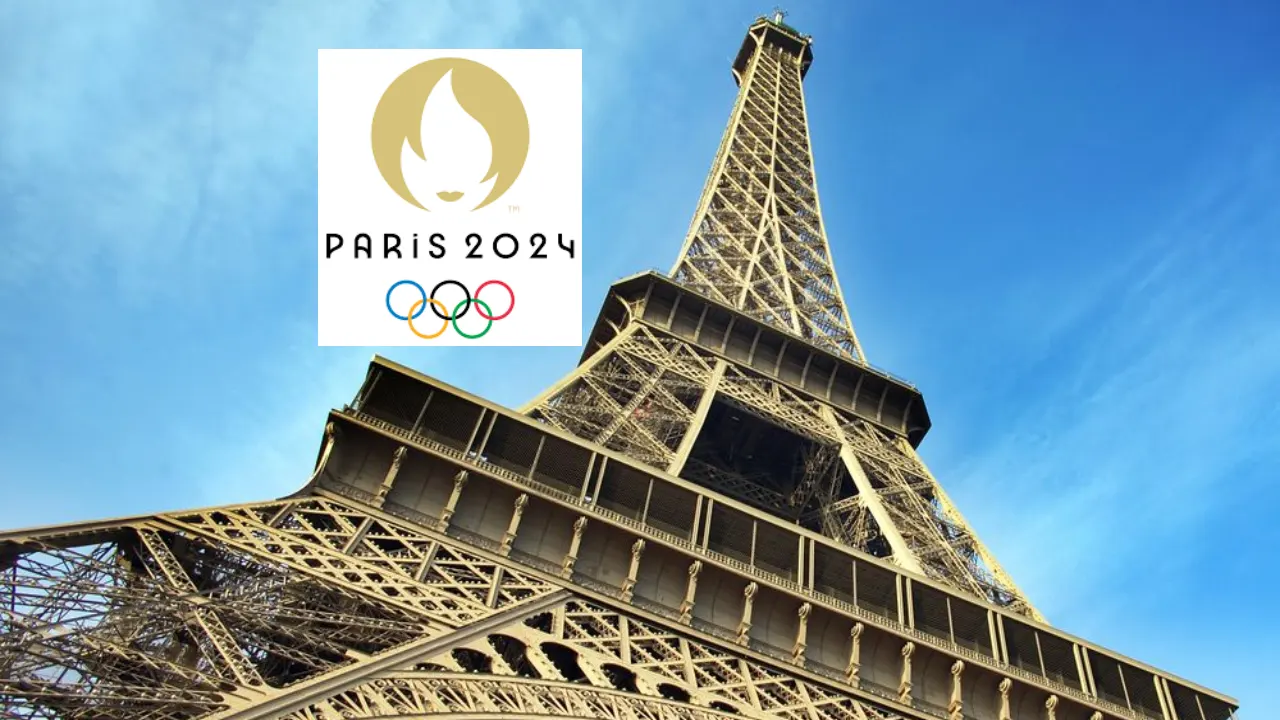Even though a prior country did so, France will not have the chance to add a star to their emblem if they win Olympic gold in football on home soil.
Football is never the primary emphasis of the Olympics and is not seen as a big competition by most countries. Teams are only allowed to include three elder players and players who are 23 years of age or younger.
Olympic gold has never been considered the ultimate prize in football because big competitions held on different continents every four years, as well as the World Cup, are already offered in addition to the strange schedule that the Olympics provide.
But this hasn’t always been the case; Brazil’s performances in the Olympics in 2016 and 2020 serve as one recent example.
How many teams have gotten a star above their crest after winning an Olympic gold?
Brazil was the most dominating team in FIFA World Cup history, thus winning gold at home in 2016 was a top aim even though they had never won an Olympic medal before.
Neymar Jr., who scored the game-winning penalty against Germany, appropriately won his nation’s gold medal. The Brazilians carried on their success in 2021, with Richarlison leading the way.
Olympic gold medal matches used to have bigger stakes because there was a “gold star” on the line, thus winning wasn’t always just about taking home the trophy.
The world championships in football, Paris 1924 and Amsterdam 1928, were regarded as such by the bodies that oversee the sport; they were virtually comparable to the FIFA World Cup.
It should come as no surprise that Uruguay, who dominated football in that era and won the first-ever World Cup in 1930, took home both of those gold medals.
The Uruguay national team has four gold stars above their crest as a result of these three victories and their 1950 World Cup run.
FIFA made this formally clear on May 24, 2023, when they published a history of their official recognition of those specific Olympic football competitions as being run by FIFA.
It has also been said that the Olympics of 1924 and 1928 will continue to be the only two competitions regarded as equivalent to the World Cup.











